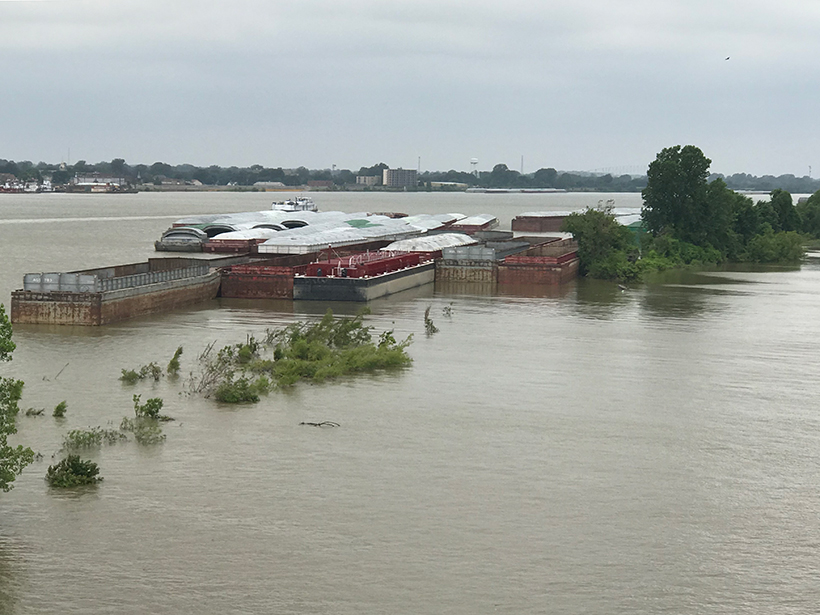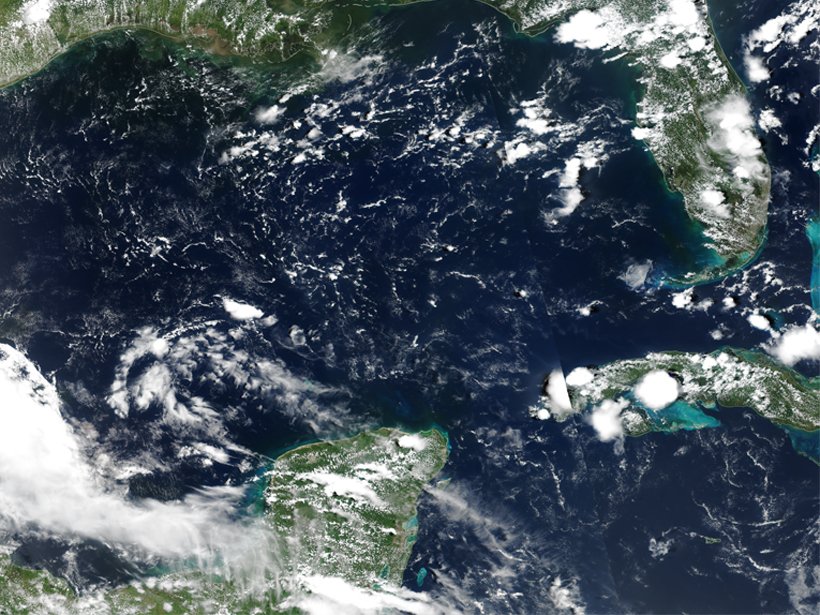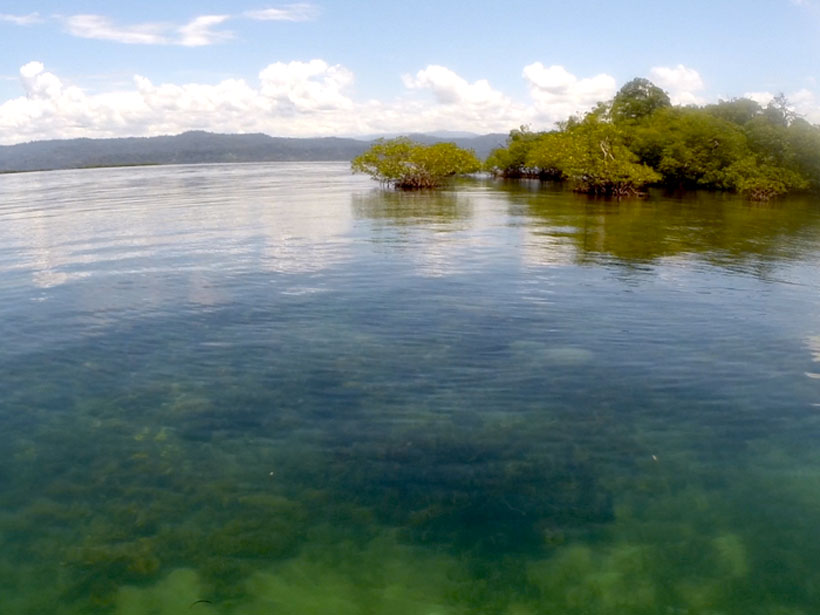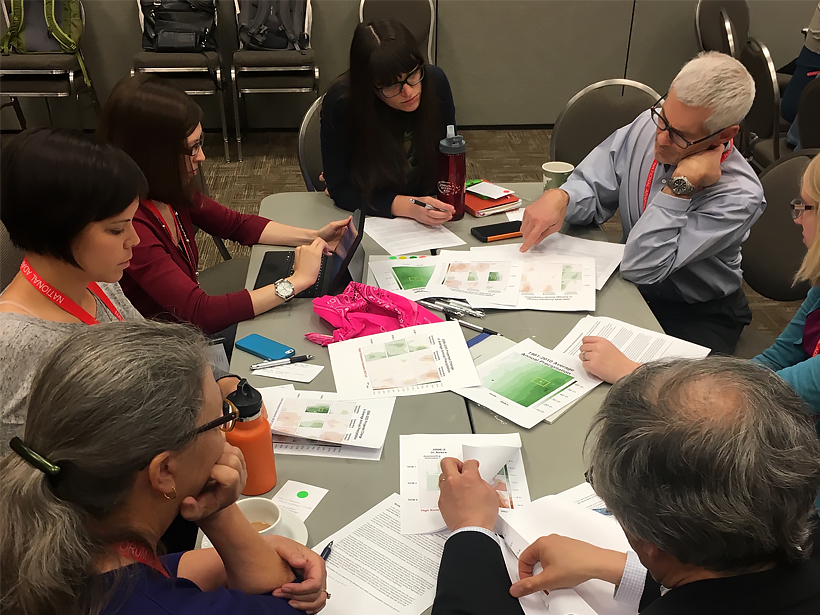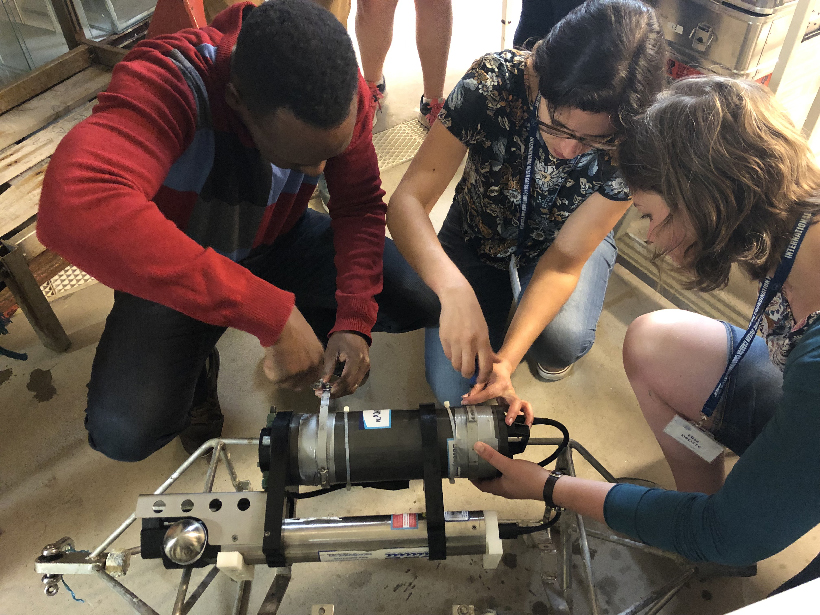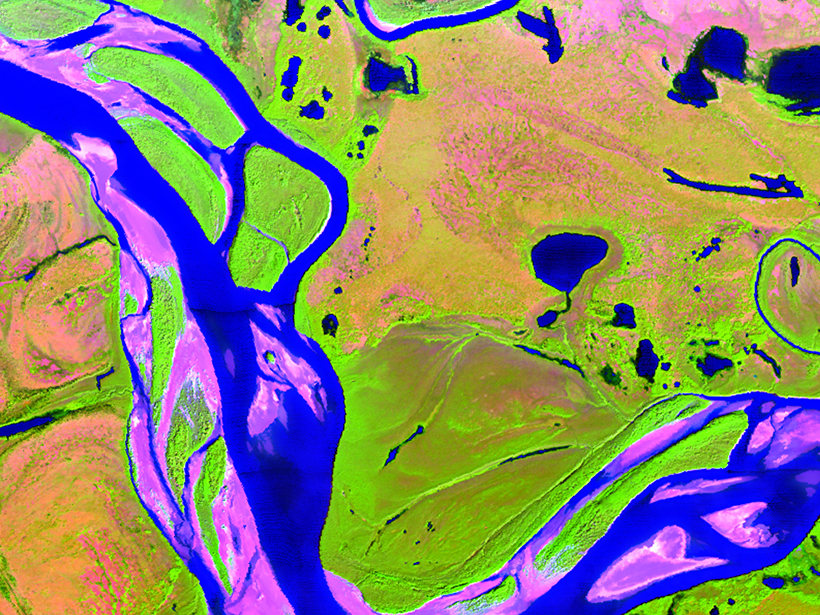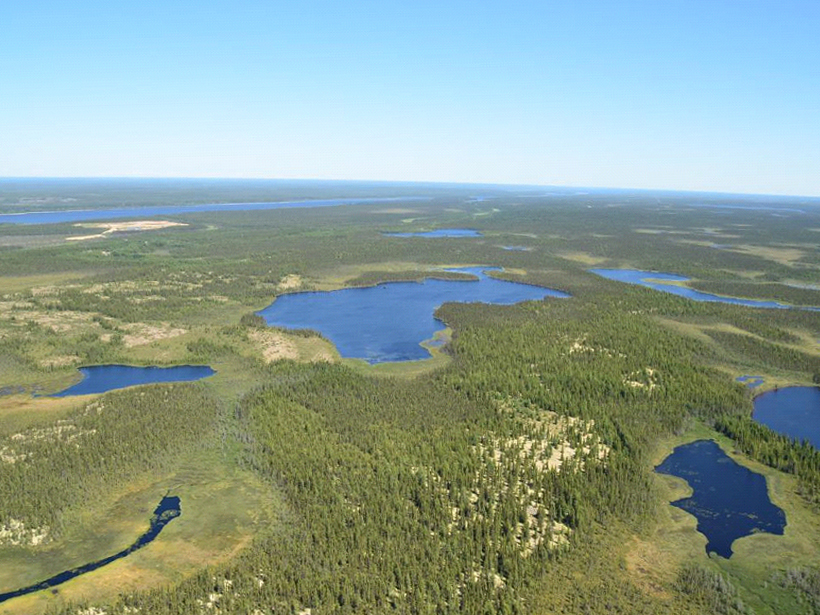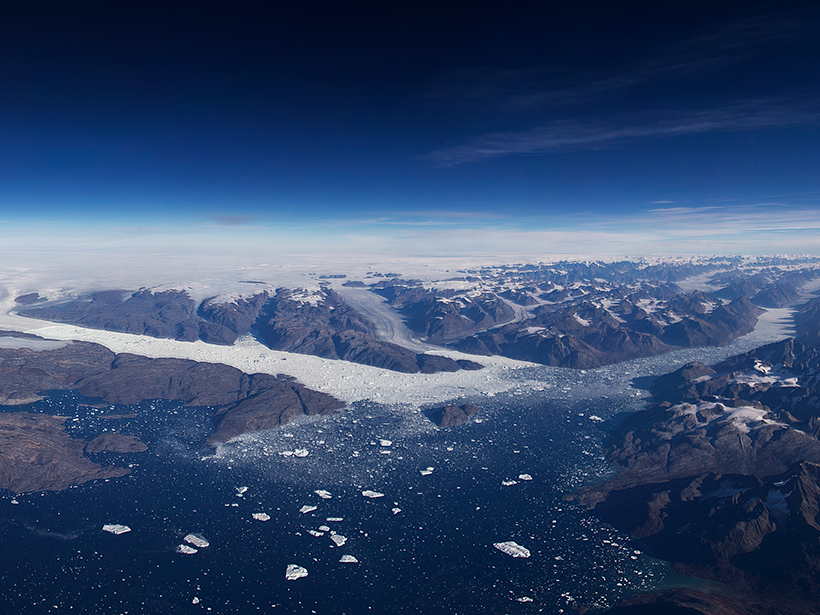Scientists and managers on the ground gathered to identify information gaps that pose barriers to evaluating climate change risks and responses.
Science Updates
Filling the Gaps in Ocean Maps
A new software application merges ocean color data from instruments aboard two satellites to provide gap-free, near-real-time monitoring of the global ocean environment.
Integrating Global Seagrass and Mangrove Ecosystem Observations
Coordinating the Implementation of Mangrove and Seagrass Essential Observations: A joint GOOS/MBON community outreach workshop to implement EOV/EBVs (Sea Plants Workshop), Consortium for Ocean Leadership; Washington, D.C., 10–11 June 2019
Making Sense of Local Climate Projections
Hands-on training, collaboration with scientists, and practice using real-world challenges give planners and decision-makers confidence to work with climate model information.
Training the Next Generation of Marine Biogeochemists
Early-career scientists came together recently to learn to use a suite of ocean biogeochemical sensors, with the goal of closing the knowledge gap between ocean technology and potential end users.
Watching Earth’s Interconnected Systems at Work
Surface Biology and Geology, a new NASA Earth observation effort, is developing a path forward for monitoring the Earth system from space.
Integrating Landscape Terrestrial and Aquatic Carbon Fluxes
Workshop on the Integration of Aquatic and Terrestrial Carbon Fluxes across landscapes; Montreal, Quebec, Canada, 9–10 May 2019
Exposing Los Angeles’s Shaky Geologic Underbelly
Current calculations might underestimate the susceptibility of Los Angeles to earthquake shaking, so researchers and volunteers are deploying seismic networks near the city to remedy a data shortage.
Gas Bubble Forensics Team Surveils the New Zealand Ocean
An international research group recorded the acoustic signatures of gas bubbles rising from a hydrothermal vent field to gather clues about greenhouse gases escaping into the atmosphere.
New Earth Orbiter Provides a Sharper Look at a Changing Planet
A first look at data from NASA’s laser altimeter mission ICESat-2 reveals very high resolution 3-D profiles of ice on land and sea, forests, and shallow bodies of water.

